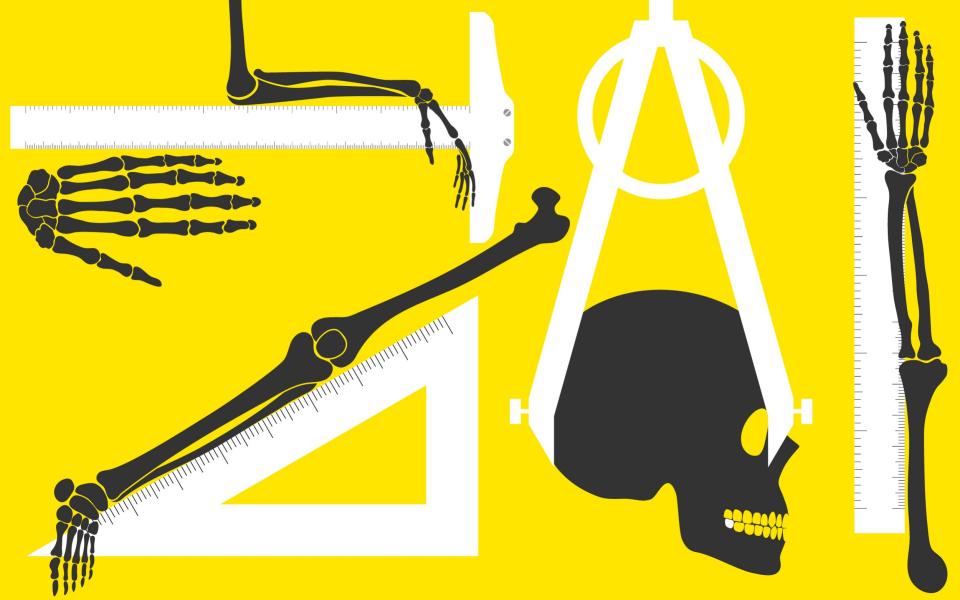Wisdom teeth disappear and arteries are added as human beings enter next stage of evolution

Babies are no longer being born with wisdom teeth as the human race continues to evolve faster than at any time in the past 250 years, according to a study.
Shorter faces, extra bones in feet and legs and an artery in the forearm are among a slew of anatomical differences recorded in modern humans.
Australian scientists say humans are experiencing a microevolution, where evolutionary changes take place over a short period of time, after reaching a "relaxed state" of natural selection.
Experts say increased knowledge of modern medicines has helped create a "considerably favourable" environment for evolution to advance.
Dr Teghan Lucas, of Flinders University in Adelaide said: "A lot of people thought humans have stopped evolving. But our study shows we are still evolving - faster than at any point in the past 250 years."
Researchers claim there is evidence to show humans now have more bones in their feet, while wisdom teeth are becoming obsolete.
Most people are usually born with four wisdom teeth, also known as third molars, that grow at the back of gums until they push through upon reaching adolescence, although in some cases they will arrive later. Anthropologists believe they provided a helpful tool to early humans who used them to eat tough or uncooked foods. But they are fast becoming redundant.
Dr Lucas added: "As our faces are getting a lot shorter there is not as much room for teeth because of smaller jaws.
"This is happening in time as we have learnt to use fire and process foods more. A lot of people are just being born without wisdom teeth."
Experts say they have witnessed an increase of people born with a small bone at the back of the knee, called the fabella, and extra joints in their feet to form abnormal connections between two or more bones. There are also more cases of spina bifida occulta - an opening of the sacral canal, which is the bone at the base of the spine.
Explaining why such evolutionary mutations are occurring, Dr Lucas said: “Humans are currently in a relaxed state of natural selection as our environment is considerably favourable to us.
“We have advanced as a species to the point where natural selection no longer removes the outliers in the gene pool.
“An example of this is infertile individuals, natural selection would dictate that they do not have the opportunity to pass on their genes, however due to modern medicine they can now reproduce.”
Scientists also pointed to an artery, found in the human forearm, to highlight evolutionary changes. The blood vessel previously disappeared after birth but had now become increasingly prevalent in modern humans.
The artery, which is the main vessel supplying blood to the hand, used to vanish once neighbouring arteries had grown but now as many as one in three retain it throughout their lives. It poses no health risk - and even offers benefits by boosting blood supply. It can also be used as a replacement in surgical procedures in other parts of the body.
The researchers say they managed to investigate the rate of retainment in successive generations through examining records and dissecting cadavers from individuals born in the 20th century.
Dr Lucas said: "Since the 18th century, anatomists have been studying the prevalence of this artery in adults and our study shows it is clearly increasing.”
The prevalence of the artery was around 10 per cent in people born in the mid-1880s compared to 30 per cent in those born in the late 20th century, which Dr Lucas said was a “significant increase in a fairly short period of time, when it comes to evolution."
She added: "This increase could have resulted from mutations of genes involved in median artery development or health problems in mothers during pregnancy, or both actually. If this trend continues, a majority of people will have a median artery of the forearm by 2100."
The findings were published in the Journal of Anatomy.

 Yahoo Movies
Yahoo Movies 